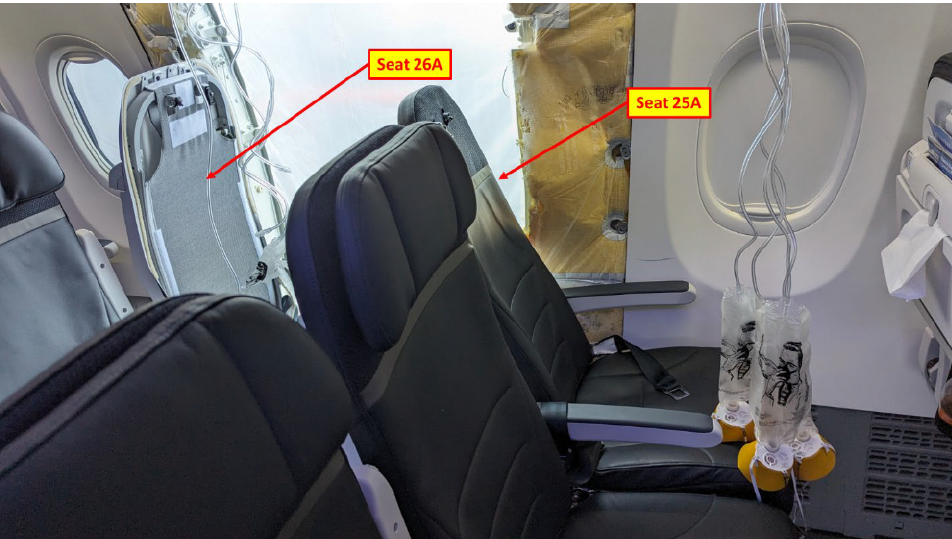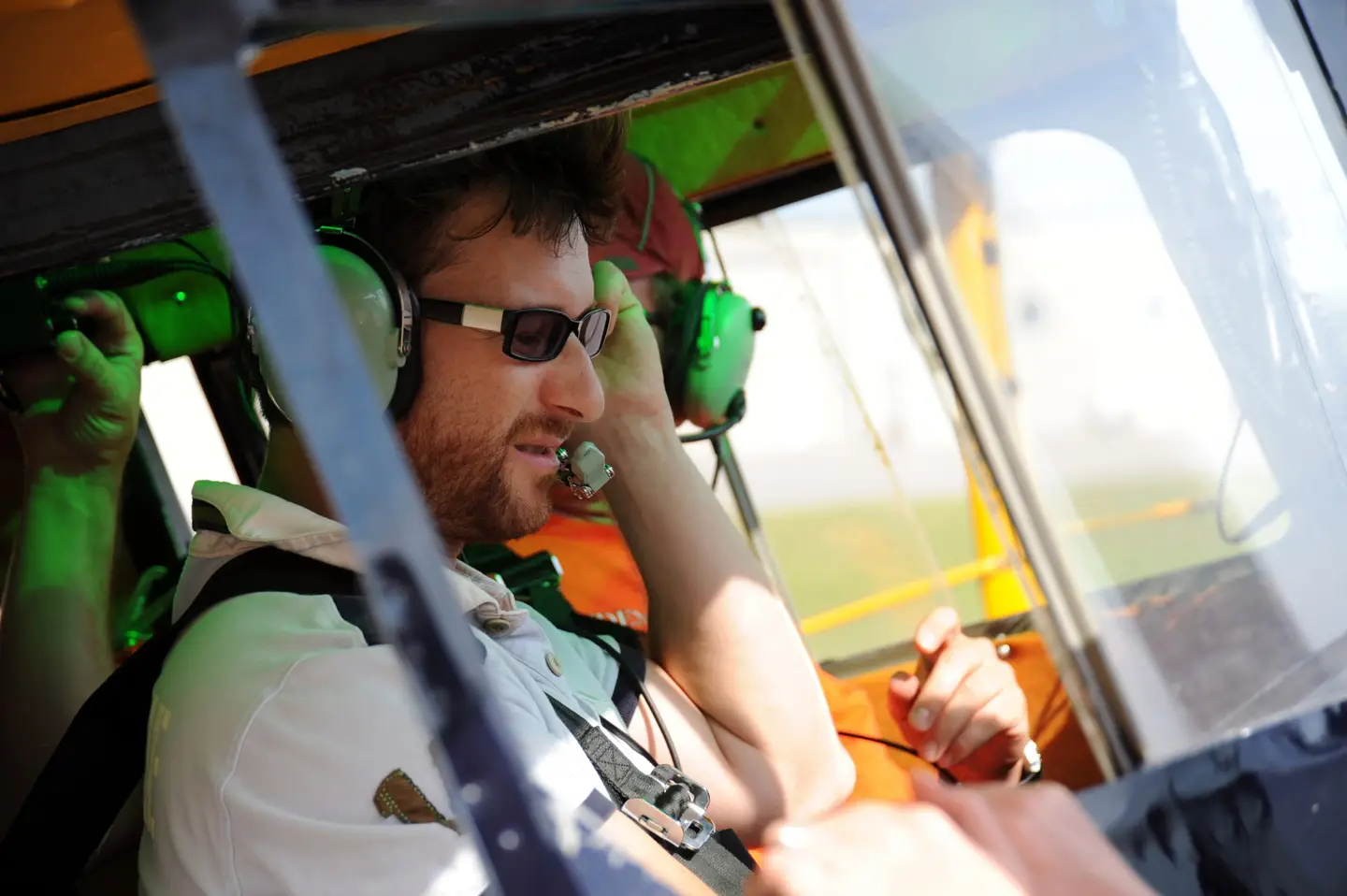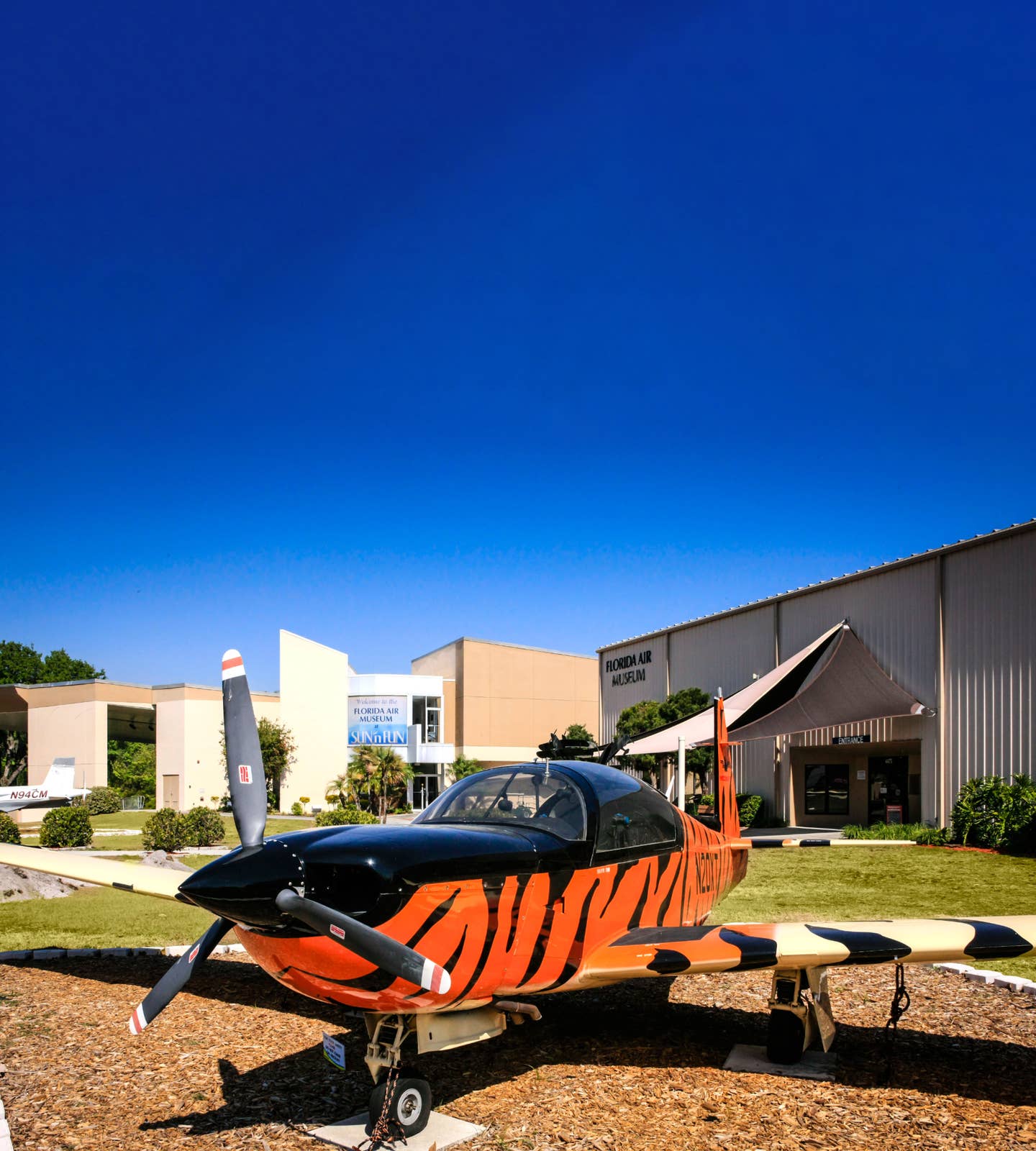Going Direct: Electric Planes Equals User Fees
The uncomfortable fact of life as aviation flips the switch to a new future.
Make no mistake. If electric technology were ready for prime time---and it most decidedly is not---but if it were, the revolution would be underway. The gas piston engine would be, if not a historical footnote, then at least a niche player in general aviation. Forget about carbon footprints and hugging polar bears. It's the economics of it. Who's going to want to continue to gas up and maintain these complicated, expensive to buy and maintain, and remarkably inefficient museum pieces? Not me. But we are not there yet, nor are we all that close.
And maybe that's a good thing because there's a lot we haven't really thought about, and if history teaches us anything it's that it's better to foresee issues and create policies to address them before they do damage than to react blindly after trouble hits.
Though it's hard to tell from the mainstream coverage of Congress these past few weeks, there has been business going on up on Capitol Hill, and some of it has to do with electric planes. Okay, it's not directly related to e-planes, but it's a short stroll from there. You might see where this is going.
The question, as is appropriate for Congress, is money. In this case, the question is road maintenance. Well, roads and bridges and tunnels and such. In the 2016 election, much was made of the need to fix our crumbling infrastructure, and like it or not, that requires money, either though income or sales taxes or through user fees. If your hair just stood on end, that's because that term, "user fees," has become the third rail (I'll use the cliché as we're talking about electrics!) of GA politics. Any question that includes the term "user fees" has an automatic answer of, "No." Sometimes that answer gets embellished a little.
I'm right there too. User fees are a fair way to collect revenue to maintain the infrastructure we share. Should I pay to help maintain the public use airports I fly out of? Hell yes. So it's not in my view whether I pay but how I pay. How we pay.
And therein lies the rub. Now we pay with a gas tax. We pay every time we fill up. And that seems fair. How much we pay is directly related to how much we use the ramps, runways, taxiways and ILSes we use and upon which we rely to stay safe and maintain access to the air.
But Congress is not run for the people as much as for lobbyists, and one of the biggest, baddest money spreaders on The Hill is the airline industry, and they don't care so much if the taxes are fair as much as they care about paying as little as they can. So GA pays more so they can pay less. That's the economics of lobbying in general. And that, among other reasons, is why we pay our AOPA and EAA dues. Because they amplify our voices in the halls of power, where our little airplanes and little airplane voices would otherwise never reach.
Subscribe today to Plane & Pilot magazine for industry news, reviews and much more delivered straight to you!
Back to electrics, though in a way, this has all been about electrics, because earlier this week the Senate, which has been busy with other business recently, discussed the issue of road taxes. Chiefly, they discussed how to get users (see the connections) of the roads who drive electric cars to pay their fair share to keep the roads safe to drive upon.
But how do people pay for highway taxes now? You got it. A gas tax. Every time you fill up the tank, you help fill up the coffers. Again, while you might disagree with the amount of tax or how it's spent, it seems like a fair system.
Except that e-cars are getting off for nothing. They are driving the same roads and traveling the same bridges and traversing the same flyovers as those of us in our gas piston-powered dinosaurs but they are not contributing one cent to the infrastructure's upkeep.
Now electric car makers and owners will tell you that their contribution to the environment makes up for their freeloading ways, but they don't. All you need to do is imagine a world in which there were nothing but electric cars and trucks and buses (but no scooters, I think we'd all agree) and it's easy to see that we would need to find a way to pay regardless of how virtuous the users were. That way is user fees, either through a use tax, like we pay for toll road access or through a purchase or registration tax. Regardless, all are user fees of a sort.
Imagining a world in which GA is, likewise, all-electric, leads to exactly the same conclusion. User fees.
Third rail issue or not, they go hand in hand with an electric future. And the time to figure out how to address this issue is fast approaching, so we can drive the future instead of accepting a fate that others assign to us.

Subscribe to Our Newsletter
Get the latest Plane & Pilot Magazine stories delivered directly to your inbox






